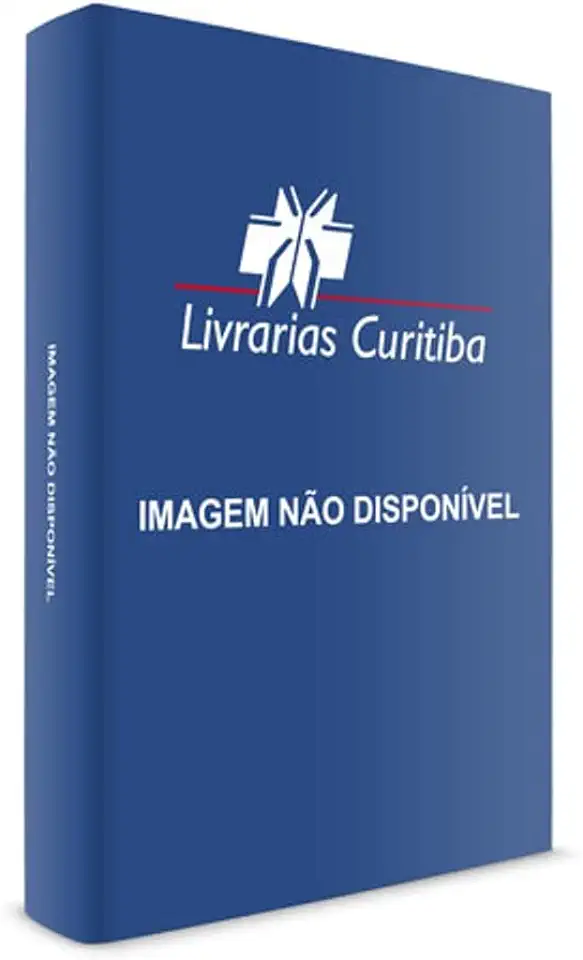
The Uses of Philosophy - Mary Warnock
The Uses of Philosophy: A Comprehensive Summary
Introduction
In her seminal work, "The Uses of Philosophy," Mary Warnock presents a compelling exploration of the practical and transformative power of philosophy. Warnock argues that philosophy is not merely an abstract intellectual pursuit but a vital tool for understanding and navigating the complexities of human existence. Through a series of engaging and thought-provoking chapters, Warnock demonstrates how philosophy can enrich our lives, enhance our critical thinking skills, and provide invaluable insights into the nature of reality, knowledge, and morality.
Philosophy as a Guide to Life
Warnock begins by asserting that philosophy serves as a guide to life, helping us to make sense of our experiences and navigate the challenges we face. She argues that philosophical inquiry encourages us to question our assumptions, examine our values, and develop a deeper understanding of ourselves and the world around us. By engaging in philosophical reflection, we can gain a clearer perspective on our lives and make more informed decisions about how to live them.
Philosophy and Critical Thinking
Warnock emphasizes the importance of philosophy in developing critical thinking skills, which are essential for navigating the complexities of modern life. She argues that philosophy teaches us to analyze arguments, identify fallacies, and evaluate evidence, enabling us to make sound judgments and avoid being misled by false or misleading information. By honing our critical thinking skills, we become more discerning consumers of information and more effective communicators of our own ideas.
Philosophy and the Nature of Reality
Warnock delves into the philosophical exploration of the nature of reality, examining different theories and perspectives on the fundamental structure of the universe. She discusses the concepts of substance, causality, and time, inviting readers to consider the nature of existence and the relationship between the mind and the external world. By engaging with these philosophical inquiries, we gain a deeper appreciation for the complexity and wonder of the universe we inhabit.
Philosophy and Knowledge
Warnock explores the philosophical foundations of knowledge, examining the sources, limits, and reliability of human understanding. She discusses the theories of empiricism, rationalism, and skepticism, challenging readers to question the nature of truth and the possibility of certainty. By engaging in these philosophical inquiries, we develop a more nuanced understanding of the process of acquiring knowledge and become more aware of the limitations of our own understanding.
Philosophy and Morality
Warnock concludes her exploration of the uses of philosophy by examining the role of philosophy in ethics and morality. She discusses different ethical theories, such as utilitarianism, deontology, and virtue ethics, and explores the complex relationship between individual rights, social justice, and the pursuit of the good life. By engaging in philosophical reflection on moral issues, we develop a more robust moral framework and become more responsible and compassionate individuals.
Conclusion
"The Uses of Philosophy" is a comprehensive and engaging exploration of the practical and transformative power of philosophy. Mary Warnock demonstrates how philosophy can enrich our lives, enhance our critical thinking skills, and provide invaluable insights into the nature of reality, knowledge, and morality. This book is a must-read for anyone seeking a deeper understanding of the world and their place in it.